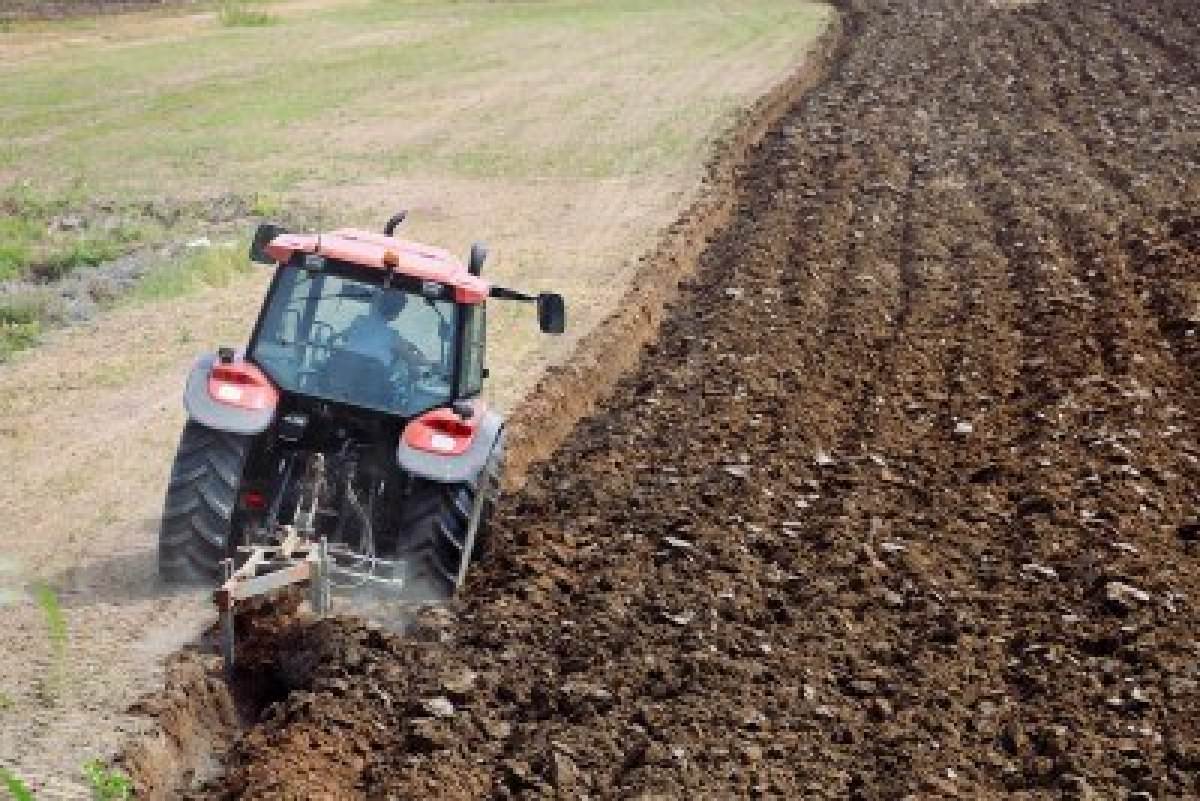
Farmers don’t get into agriculture so they can put nutrients into soil. They put nutrients in the soil so that their work as a farmer will be fruitful.
As youth workers, we want to be fruitful, but it’s easy to get so focused on sowing and weeding that we neglect to nourish the soil. One of the ways I try to build nutrients into the soil of my ministry is by intentionally fertilizing my mind. Now, I don’t want to draw too close a connection between my brain and truckloads of manure. But, I think we all know the frustration of trying to coax a harvest out of a dried-up, under-nourished imagination.
Quick thoughts about how I try to replenish through reading:
- Be Focused: Different seasons of my schedule bring different demands. So, my reading tends to focus on those demands. Right now it clusters around topics that will bear fruit in my teaching this Fall, specifically: (1) technology (just finished Dyer’s, From the Garden to the City: The Redeeming and Corrupting Power of Technology) ; (2) sexual integrity – what it means in an age when it seems to mean nothing (currently Struthers, Wired for Intimacy: How pornography hijacks the male brain); (3) the church’s response to the LGBTQ lifestyle (example: Gagnon’s Homosexuality & the Bible: Two Views). I don’t agree with all I’m reading, but it breaks new ground in my thinking.
- Be Broad: Sure, be focused. But even a beginning farmer understands something about crop rotation and airing out the soil. While my focused reading is usually in a format that allows me to study (take notes, underline), I’ve usually got one book (typically audio format) that has no direct connection to ministry (currently it’s 1493: Uncovering the World Columbus Created, but then I’m intrigued by earthworms, mosquitoes, cockroaches and viruses).
- Be Deep: I always have one book that’s focused less on the soil of ministry and more on my soul as a disciple of Jesus. I usually read this book (currently, Peterson’s Practice Resurrection: A Conversation on Growing Up in Christ) as part of my devotions.
Don’t take my suggestions as either an assignment or a reading list. But, for the sake of the harvest, I hope you’ll take some time – even if it’s just one book – to plow back into the furrows of your brain.
Or maybe you already are! What books are you reading? What is your approach? Let us know!
Leave A Comment